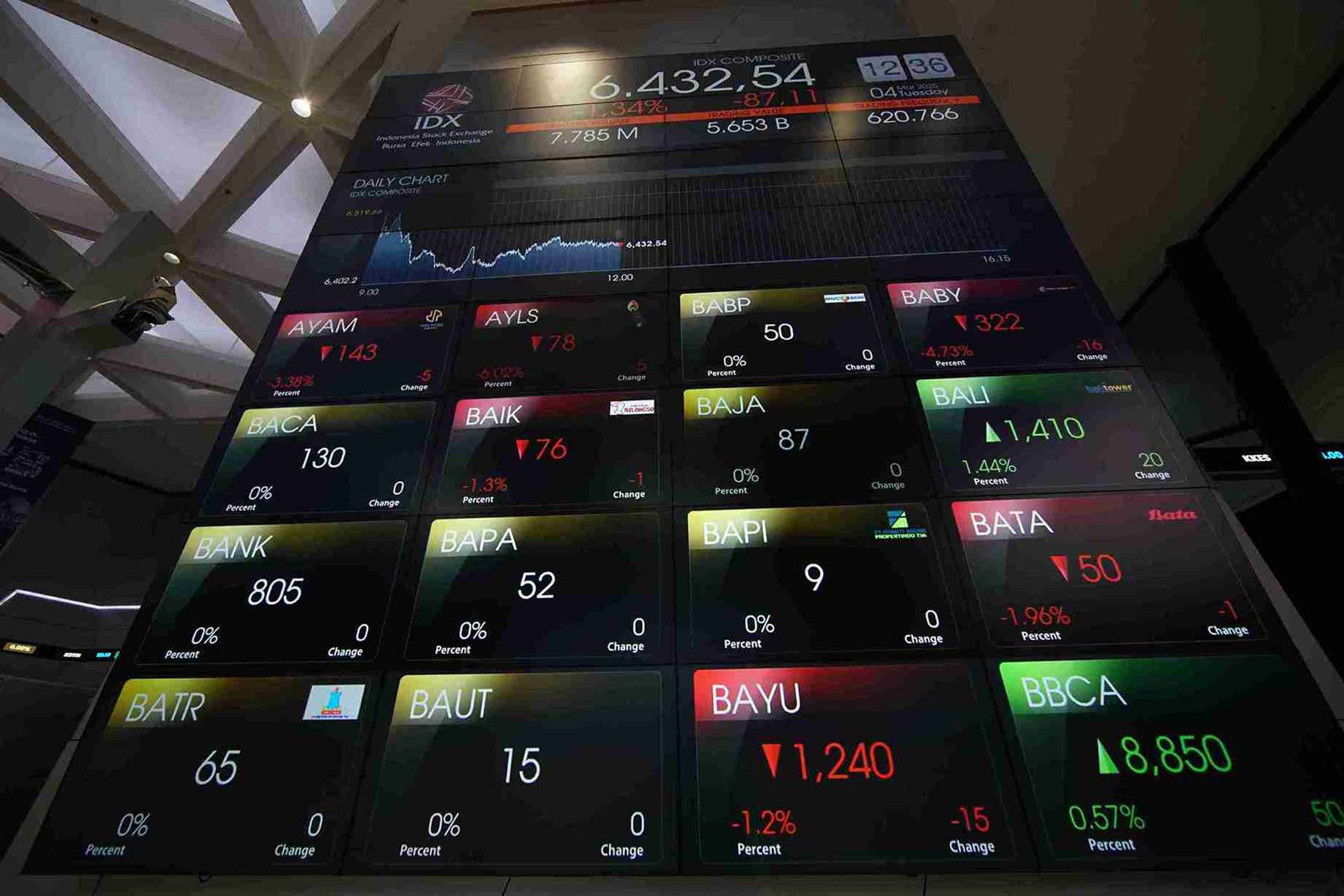On March 7, 2025, JP Morgan made headlines by revising upward the ratings of three major Indonesian state-owned banks: Bank Rakyat Indonesia (BBRI), Bank Mandiri (BMRI), and Bank Negara Indonesia (BBNI). This decision reflects a positive outlook on Indonesia’s banking sector and highlights the strategic moves these banks have made to strengthen their positions in the market. In this article, we delve into the reasons behind JP Morgan’s decision and explore the implications for investors and the broader economy.
Strong Financial Performance
One of the primary reasons for the upward revision in ratings is the robust financial performance of BBRI, BMRI, and BBNI. Over the past year, these banks have reported significant growth in their earnings, driven by increased lending activities and improved asset quality. Key financial metrics that contributed to this positive outlook include:
- Net Profit Growth: All three banks have reported double-digit growth in net profits, with BBRI leading the pack with a 15% increase year-on-year.
- Improved Loan Portfolios: The banks have successfully reduced their non-performing loan (NPL) ratios, indicating better credit risk management.
- Cost Efficiency: Operational efficiency has improved, with cost-to-income ratios declining across the board.
These financial achievements have not only strengthened the banks’ balance sheets but also enhanced investor confidence, prompting JP Morgan to revise their ratings upward.
Strategic Initiatives and Digital Transformation
Another critical factor influencing JP Morgan’s decision is the strategic initiatives undertaken by these banks to embrace digital transformation. In an era where digital banking is becoming increasingly important, BBRI, BMRI, and BBNI have made significant investments in technology to enhance their digital offerings. Key initiatives include:
- Digital Banking Platforms: The launch of user-friendly mobile apps and online banking services has attracted a younger, tech-savvy customer base.
- Partnerships with Fintechs: Collaborations with fintech companies have enabled these banks to offer innovative financial products and services.
- AI and Data Analytics: The adoption of artificial intelligence and data analytics has improved customer insights and personalized banking experiences.
These strategic moves have positioned the banks as leaders in the digital banking space, further justifying the upward revision in their ratings.
Favorable Economic Conditions
The broader economic environment in Indonesia has also played a role in JP Morgan’s decision. The country’s economy has shown resilience, with GDP growth projected to remain strong in the coming years. Factors contributing to this positive economic outlook include:
- Stable Inflation Rates: Inflation has been kept in check, providing a conducive environment for business growth.
- Government Initiatives: Pro-business policies and infrastructure development projects have spurred economic activity.
- Rising Consumer Confidence: Increased consumer spending has driven demand for banking services.
These favorable economic conditions have created a supportive backdrop for the banking sector, further reinforcing JP Morgan’s confidence in the future performance of BBRI, BMRI, and BBNI.
Conclusion
In conclusion, JP Morgan’s decision to revise upward the ratings of BBRI, BMRI, and BBNI is a testament to the strong financial performance, strategic initiatives, and favorable economic conditions that these banks have capitalized on. As they continue to innovate and adapt to the evolving banking landscape, these state-owned giants are well-positioned to deliver sustained growth and value to their shareholders. For investors, this upward revision signals a promising opportunity to invest in Indonesia’s burgeoning banking sector.




